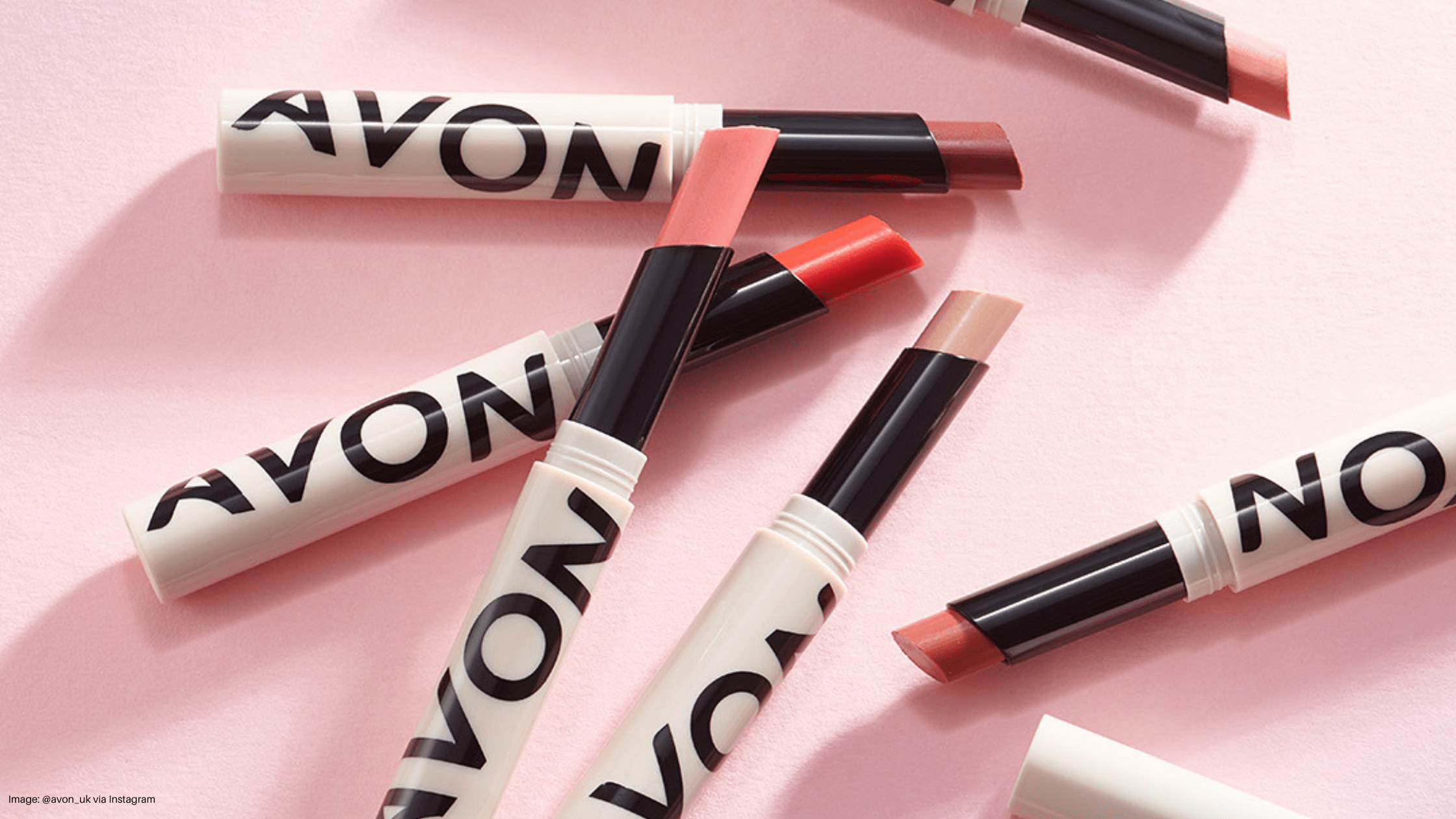Earlier this week, Avon Products Inc filed for Chapter 11 in Delaware in an attempt to off-load more than $1bn of debt
The Natura & Co subsidiary, which is famed for its door to door sales and in over 60 countries, is thought to have $225 million of costs defending personal injury lawsuits and settlement payments relating to talcum powder in products.
Bankruptcy will affect UK and international activities, whilst US operations will continue under LG Household & Health Care Ltd.
However, Avon’s operations, including its Northampton-headquartered UK arm, will continue to trade and no job cuts are expected as part of the process.
Avon bosses also said its international sites would remain open despite litigation in the US, noting Avon Product’s is only the business’s holding company and that its operating businesses were not part of the Chapter 11 proceedings.
In a statement, John Dubel, Chair of Avon Products, said: ‘Today’s action and the proposed sale of Avon’s non-US operations will maximise the value of our assets and enable us to address our obligations in an orderly manner.
The bankruptcy comes after a tumultuous period for Brazil’s Natura & Co. The company witnessed the sale of The Body Shop to Aurelius in a £207m deal last year, after acquiring it for a £880m deal. Aesop, which was owned by Natura for a decade, was also sold off to L’Oréal in 2023 too.
On top of the issues posed by talc claims, people are pointing towards the brand’s inability to harness its network of sellers for a seemingly natural social influencer strategy. Speaking to The Telegraph, Millie Kendall OBE, CEO of the British Beauty Council, said that Avon started peer-to peer-selling ‘before the internet. It’s in a way so modern. Their consultants were the first influencers.’
It’s thought that Natura is proposed to repurchase Avon’s trading operations outside the U.S after the bankruptcy process is complete. This move would allow Natura to regain control over Avon’s international business while shedding some of its financial challenges.




